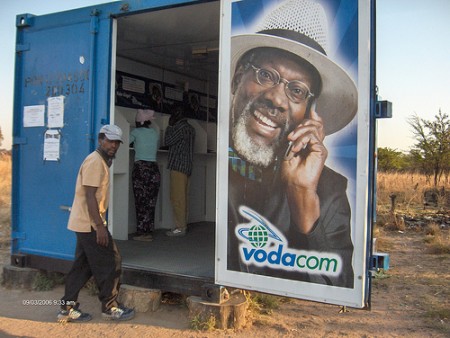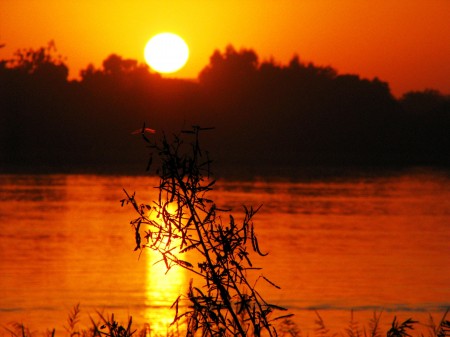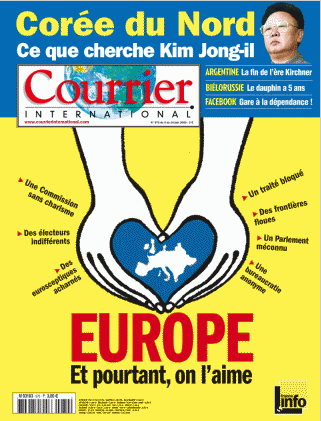
They are among the most underdeveloped countries in the world. Only a minority of their people has access to electricity. Clean drinking water remains a distant dream. Many of their children continue to die of diseases that have long become extinct here in the West or are easily preventable.
But in one area, developing countries are clearly ahead of the industrialized world: the use of mobile phone applications.
Three-quarters of the world’s mobile phones are believed to be owned by people in developing countries.
In Africa, more people own mobile phones (37 percent) than have access to electricity (25 percent). (Note: Phones are often charged using rather ingenious methods, such as old car batteries). According to one estimate, about a billion people, most of them in the developing world, don’t have a bank account but – guess what? – own a cell phone.



